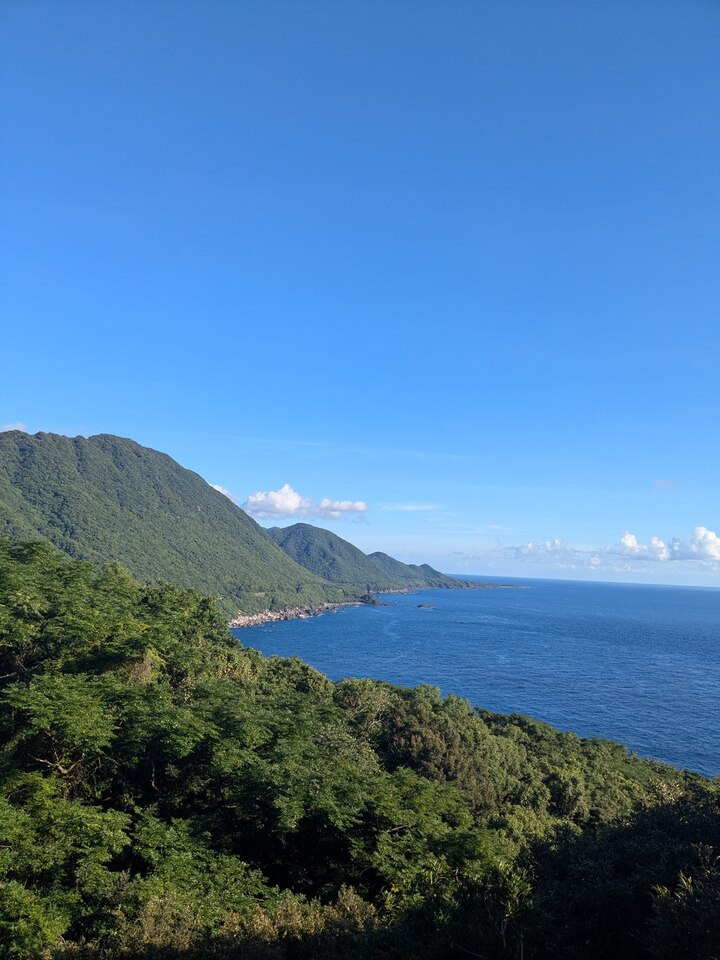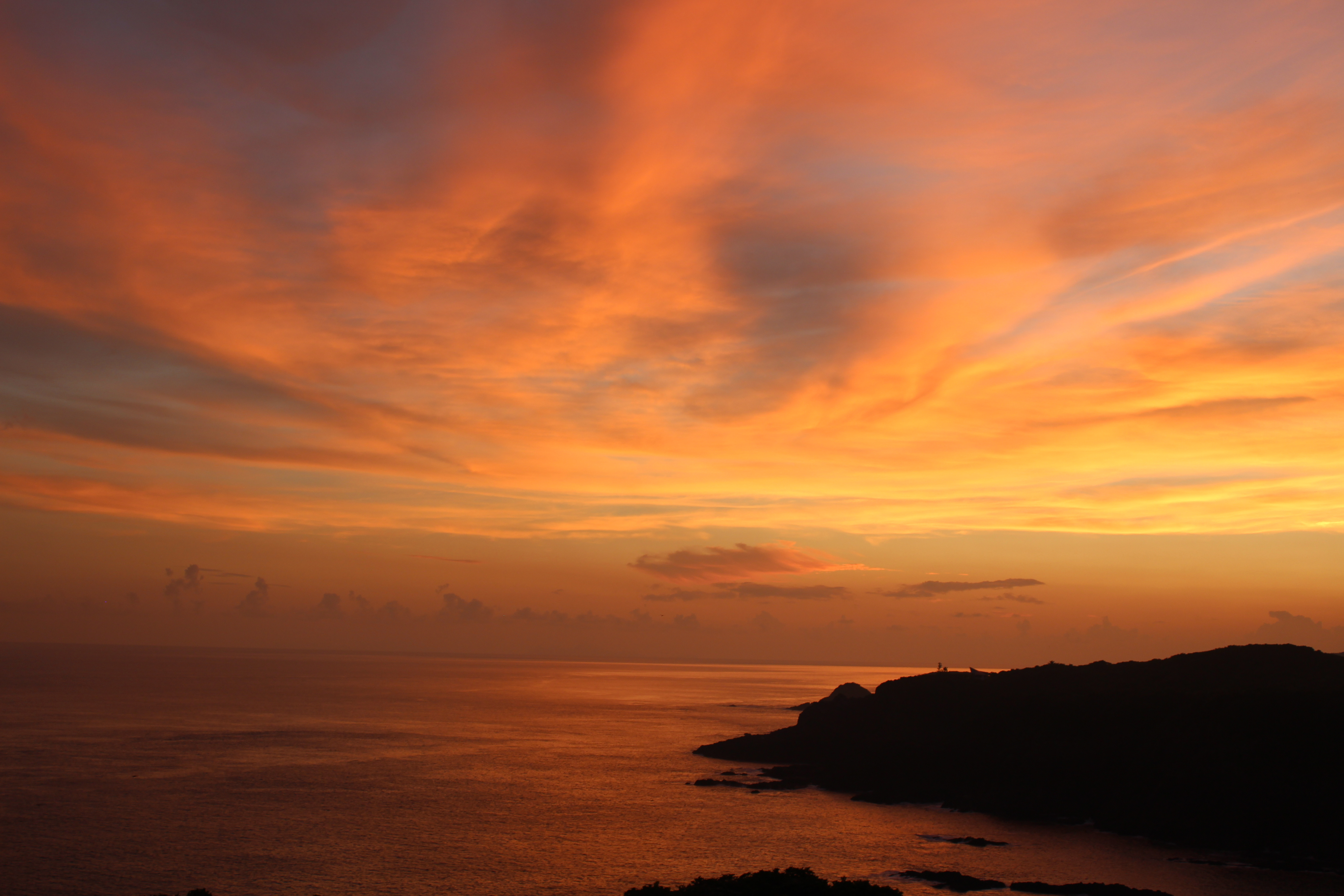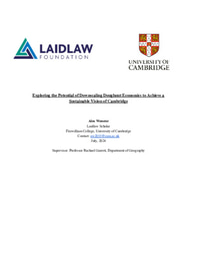LiA Summary: Sustainability and Shinrin-yoku in Yakushima, Japan

For my LiA, I have been fortunate to have the opportunity to travel to the other side of the world, to Yakushima, Japan. Yakushima is a small, mountainous, sub-tropical island located in the Kagoshima Prefecture on the southern tip of Japan, famous for its UNESCO-status ancient yakusugi cedars (including one tree, Jomon Sugi, estimated to be up to 7,200 years old!). In addition to ancient forests, Yakushima boasts tropical oceans, sea turtles, mountains, and numerous endemic plant and animal species - including the Yakushima macaque and Yakushima deer.
My work has been conducted with KaleidoForest, an organisation that primarily offers ‘shinrin-yoku’, as well as running Education for Sustainable Development (ESD) programmes in elementary schools on Yakushima and Kuchinoerabu Island. At its core, Shinrin-yoku is the practice of spending time in nature, especially forests, for physical and mental health benefits. However, this practice is not simply one way - it involves constructing a reciprocal relationship with the forest. Thus, there are inherent links between the practice of shinrin-yoku and movements like deep ecology which seek to rebuild our connection to the natural world. Given the island’s array of forests ideal for shinrin-yoku, this may partly explain Yakushima’s status as a key origin-point of Japan’s environmental movement in the 1970s, and why it has experienced an influx of environmentally-minded people and nature enthusiasts ever since.
.jpg)
Regarding my work, it has been diverse and variable, from designing and running a sustainability workshop, assisting with English teaching/ESD in schools, helping with and participating in multi-day shinrin-yoku retreats, and producing social media output. In addition, one of my main tasks running throughout the LiA was to conduct research on Yakushima to better understand residents’ connections to the natural world, and compare this with how communities around the world interact with and perceive ‘nature’. This line of inquiry, blending primary and secondary research, has opened my eyes to a diverse array of alternative worldviews and ways of thinking (with a particular emphasis on indigenous knowledge). For instance, animism has a long and complex history in Japan, and interviewing local people allowed me to appreciate how these perceptions and/or beliefs shape the daily lives of Yakushima residents. Notably, each village on Yakushima participates in an annual or biannual ‘Taikimairi’ ritual, whereby residents climb a designated mountain and make offerings of sea salt, rice and sake to the mountain spirits.
Overall, my experience on Yakushima has given me a more optimistic vision of the future. Learning from people already practicing ‘sustainable’ lifestyles (often without thinking in these terms) on a regular basis has given me hope for how we can challenge the anthropocentrism embedded in post-Enlightenment modernity. Moreover, it has been inspiring to witness the strength of community among local people. This became apparent to me when volunteering at a community event in Anbo providing cheap meals to local families, where, with approximately 15 other volunteers, we helped provide meals for about 130 people.
A particularly insightful experience for me was an overnight visit to neighbouring Kuchineorabu Island for a school visit (with the aims of English teaching assistance, cultural exchange, and ESD). With a population of only 80, the number of people living on the island has dwindled rapidly in recent years, due to a series of frequent volcanic eruptions and fears of another this year. One consequence of this was that the school - despite being spacious, modern, and well equipped - had only three pupils (including both elementary and junior high school pupils), leading to a significant disparity between pupil and staff numbers. Outside the school, it was fascinating to see how people coped and thrived on such an increasingly remote island where life (at least from the outside) seems defined by the whims of geography.
I am incredibly grateful to the Laidlaw Foundation for making this once in a lifetime opportunity possible, and to the inspiring people at KaleidoForest and the residents of Yakushima, for teaching me so much, and going above and beyond to help me settle in and make the most of my LiA.


Please sign in
If you are a registered user on Laidlaw Scholars Network, please sign in